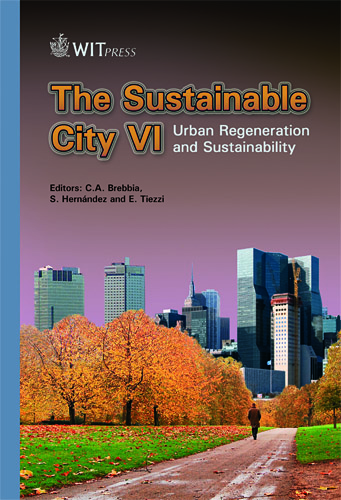Conflicts Over Water And Land Use On The Coastline Of The Region Of Valencia: Agriculture Versus The Urban-tourist City
Price
Free (open access)
Transaction
Volume
129
Pages
12
Page Range
405 - 416
Published
2010
Size
418 kb
Paper DOI
10.2495/SC100351
Copyright
WIT Press
Author(s)
M. Hernández Hernández, A. M. Rico Amorós & C. Juárez Sánchez R.
Abstract
During the second half of the last century and the first years of this century, the Region of Valencia has experienced major economic growth. The processes of urbanisation, industrialisation and tourism have led to 77% of the region’s population living on the coast, with significant repercussions on land and water resources. As a result of ecological factors and historical land occupation, the region’s main irrigated areas are in the coastal plains. Urban and tourist expansion in these areas will bring about a major reduction in irrigated land, not only in areas of historic irrigated farmland, but also now in new areas. This competition between the two also affects water resources. The sharp increase in water consumption is the result of, among other reasons, the qualitative and quantitative changes that have occurred due to different demands. The dominant dynamic can be expressed as a drop in agricultural consumption and an increase in urban use. This paper aims to analyse the causes of the conflicts that arise over land and water resources between farming and urban and tourist activities, with particular emphasis on certain factors that have become accentuated in the past decade. This analysis includes an explanation of the actions taken to cope with these growing demands, particularly the initiatives aimed at minimising the conflicts that arise between farming and urban and tourist activities. Keywords: competition, water demand, irrigated land, urban and tourist uses, land zoning, Region of Valencia.
Keywords
competition, water demand, irrigated land, urban and tourist uses, land zoning, Region of Valencia





